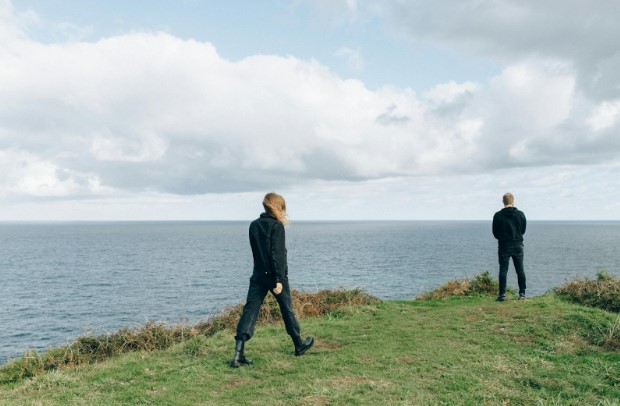Planning your next outdoor adventure can be exhilarating, whether you’re heading out for a weekend camping trip, a hike through the wilderness, or a relaxing getaway in nature. However, a successful and enjoyable trip requires more than just excitement—it takes thoughtful preparation. From choosing the right gear to understanding the environment you’re entering, proper planning ensures you’re ready to handle whatever nature throws your way. Here’s how you can effectively prepare for your next outdoor adventure and make the most of your time in the great outdoors.

Research Your Destination
The first step in preparing for any outdoor adventure is researching your destination. Whether it’s a state park, a national forest, or a remote campsite, understanding the terrain, weather conditions, and local regulations is essential. Researching the location will help you anticipate the challenges you may face, such as high altitudes, extreme temperatures, or wildlife encounters.
Start by checking the weather forecast for the duration of your trip. This will guide your decisions on what to pack and wear. In addition, find out if the area requires permits for camping, hiking, or other activities, and familiarize yourself with any restrictions or rules that might apply. Knowing what to expect ensures that you’re not caught off guard during your trip.
Choose the Right Gear
The gear you bring on your adventure can make or break your experience. Depending on the nature of your trip, your gear list may vary, but there are a few essentials that every outdoor enthusiast should consider.
First, invest in high-quality outdoor clothing that suits the environment. Layering is key when spending time outdoors, as it allows you to adapt to changing weather conditions. Moisture-wicking fabrics are great for hot days while insulating layers keep you warm during cooler nights. Additionally, your sleeping arrangements are crucial. For those who enjoy a lightweight option, reliable recycled hammocks offer a sustainable and comfortable way to rest. Hammocks can be a great alternative to tents, especially for shorter trips or when you want to minimize your impact on the environment. Look for durable hammocks made from recycled materials to ensure you’re making an eco-friendly choice without compromising on quality.
Plan Your Meals and Hydration
One of the most overlooked aspects of outdoor adventure preparation is meal planning and hydration. Proper nutrition and hydration are vital for keeping your energy levels up during physically demanding activities like hiking, climbing, or paddling.
When it comes to meals, focus on packing lightweight, non-perishable foods that are easy to prepare. Dehydrated meals, energy bars, and trail mix are all excellent options. If you’re camping, you can bring a portable stove for cooking more elaborate meals. Don’t forget to pack snacks that you can easily access throughout the day to maintain your energy.
Prepare for Emergencies
No one wants to think about emergencies during an outdoor adventure, but being prepared can make a world of difference if something goes wrong. Before you leave, make sure you have a first aid kit that includes bandages, antiseptic wipes, pain relievers, and any necessary medications. Additionally, pack a basic emergency survival kit with items like a whistle, a multi-tool, waterproof matches, and a space blanket.
It’s also essential to have a reliable communication device in case of emergencies. While cell phone service may not be available in remote areas, carrying a satellite phone or a personal locator beacon can help you signal for assistance if needed.
Practice Leave No Trace Principles
When exploring the great outdoors, it’s important to respect the environment and minimize your impact on nature. Following Leave No Trace principles ensures that future generations can enjoy these beautiful spaces as much as we do.
Some key principles include packing out all of your trash, including food scraps and biodegradable waste, staying on designated trails to prevent erosion, and avoiding the disturbance of wildlife. If you’re using a campsite, make sure to leave it cleaner than you found it by packing out any trash you see, even if it’s not yours.
Test Your Equipment Before You Go
The last thing you want on your adventure is to discover that your equipment is faulty or that you don’t know how to use it properly. Before heading out, test all your gear at home to make sure everything is in working order. Set up your tent or hammock, check that your stove lights up correctly, and ensure your water filtration system is functioning.
Testing your gear ahead of time not only prevents frustrating issues during your trip but also helps you become familiar with how everything works. This will give you confidence in using your equipment when you’re in the wilderness, reducing the risk of mishaps.

Proper preparation is the key to a successful outdoor adventure. By researching your destination, choosing the right gear, planning your meals, preparing for emergencies, and respecting the environment, you’ll ensure a safe and enjoyable experience. With the right mindset and preparation, your next outdoor adventure will be one filled with lasting memories and great stories to tell.






